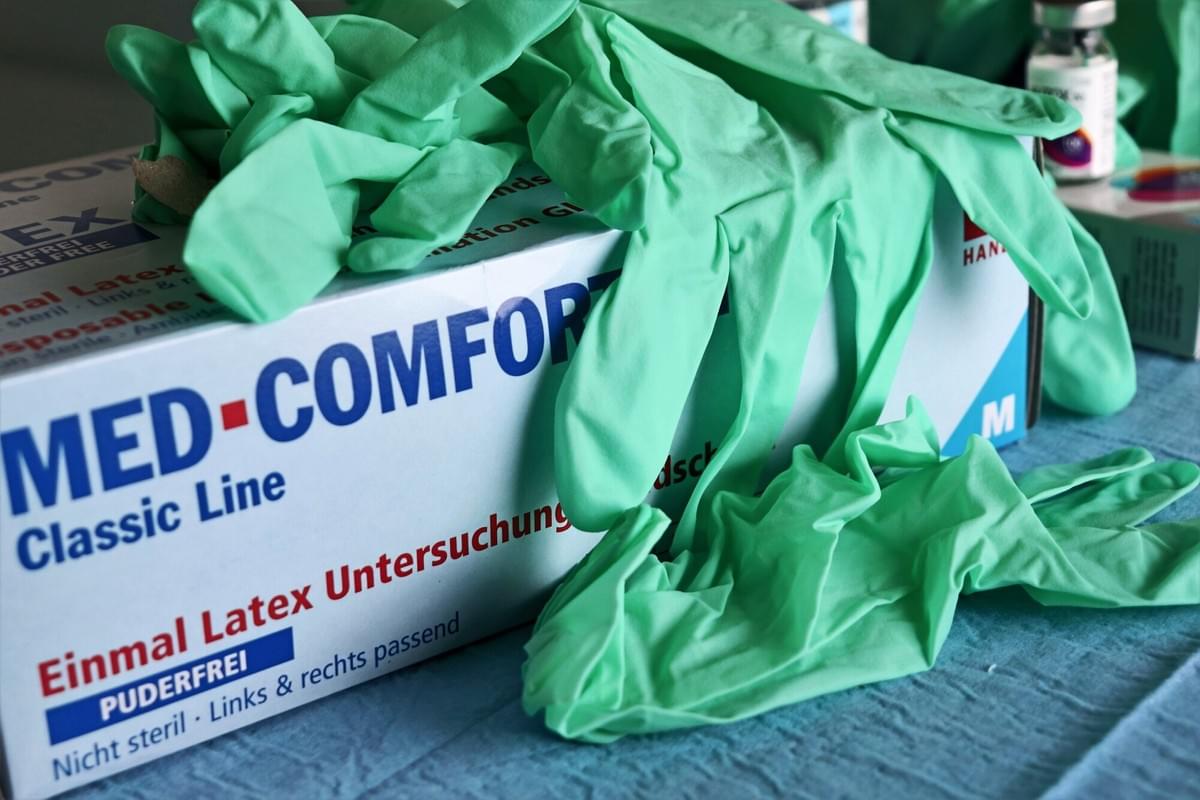
There is a huge variety of medical supplies used in hospitals today, and for this reason it's important to understand the different types available. First of all, we'll start with an explanation of what medical supplies are. In simple terms, medical supplies are the things you need to "buy" when you visit the doctor or hospital. These can include medications, surgical equipment, hospital linen, and even certain devices and utilities such as wheelchairs. As you will see, the type and amount of medical supplies differ from hospital to hospital. For more understanding about medical supplies ,you can read more here .
In addition to the above, there is also a wide range of non-medical items used in medical facilities such as pharmaceuticals, sterilizers, and the like. These items can be found at your local pharmacy. While they're not technically considered medical supplies, they too fall under the category of medical supplies. One thing you should keep in mind is that some types of non-medical items aren't allowed in some medical facilities, such as blood collection units and needles. You'll need to ask any hospital or doctor's office before you can bring them into the room.
Another category of items that fall under the medical surgical supply umbrella includes those that don't necessarily relate to surgery. Some examples of these would be diabetic supplies that are used during surgery. You may find disposable gloves, syringes, sharps, and so forth. Again, it's critical to understand what the hospital or medical facility will allow for in order to make sure you don't waste time or money by bringing an incompatible medical device into the room. To get detailed info about the medical surgical supply , check it out here .
Finally, one category of products that will fall under the category of medical surgical supply is those that are used in chemotherapy or other cancer treatment. These products include syringes, balloons, tubes and the like. Many people hesitate to bring these items into the room because they are worried about contamination or what may happen if they are contaminated. However, most medical facilities will allow these items in for two reasons - one, they are used frequently and two, they are used to help administer medication and the risk of infection is very low.
The key thing to remember about purchasing any type of medical surgical supply is that you need to know what your needs are ahead of time and figure out what's within the scope of your job. If you're in charge of a hospital or medical facility, then you can simply request that all of the items you purchase to go through your purchasing manager. They will go through each piece and determine what your specific needs are. If you are purchasing something off-site, then it's a good idea to contact the hospital and ask what their purchasing policy is. It's also a good idea to inquire with your surgeon and ask them what types of supplies they prefer.
It can be overwhelming trying to keep track of all of the medical supplies that you may need. This is especially true if you work in a large medical facility where you may be buying things regularly. However, keeping track of what you need and when can make a big difference. By knowing exactly what items you have on hand and when you'll need them, you can save money and make the process of purchasing medical supplies easier. There are plenty of different companies that specialize in providing medical supplies to hospitals and other medical facilities. It's a good idea to ask some questions and get a general idea of how much the entire process will take and which companies are reputable. Explore more about healthcare industry here: https://en.wikipedia.org/wiki/Healthcare_industry .